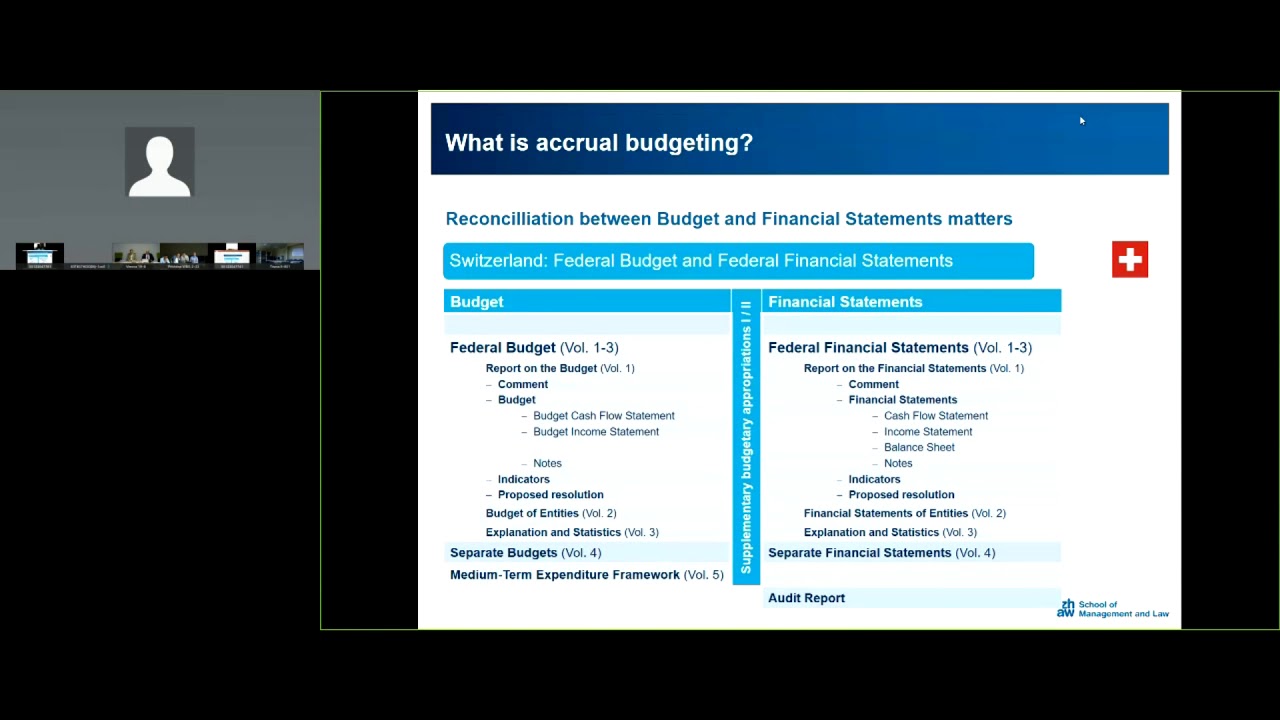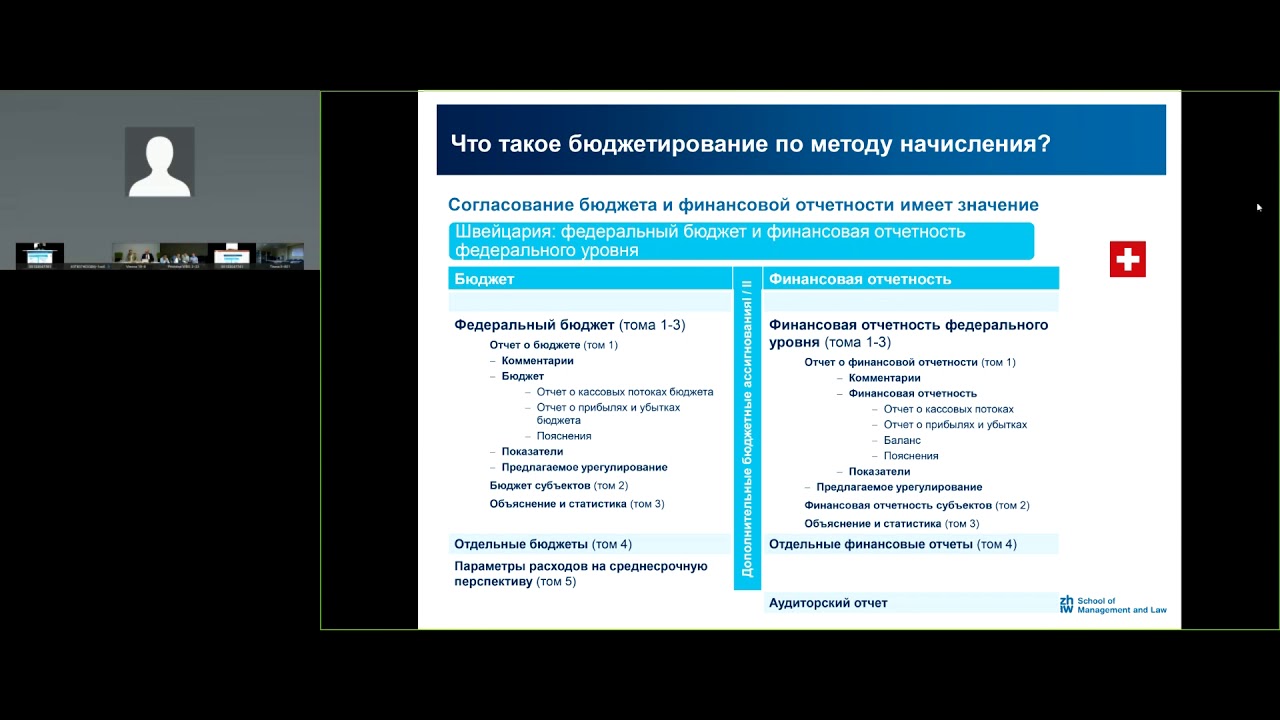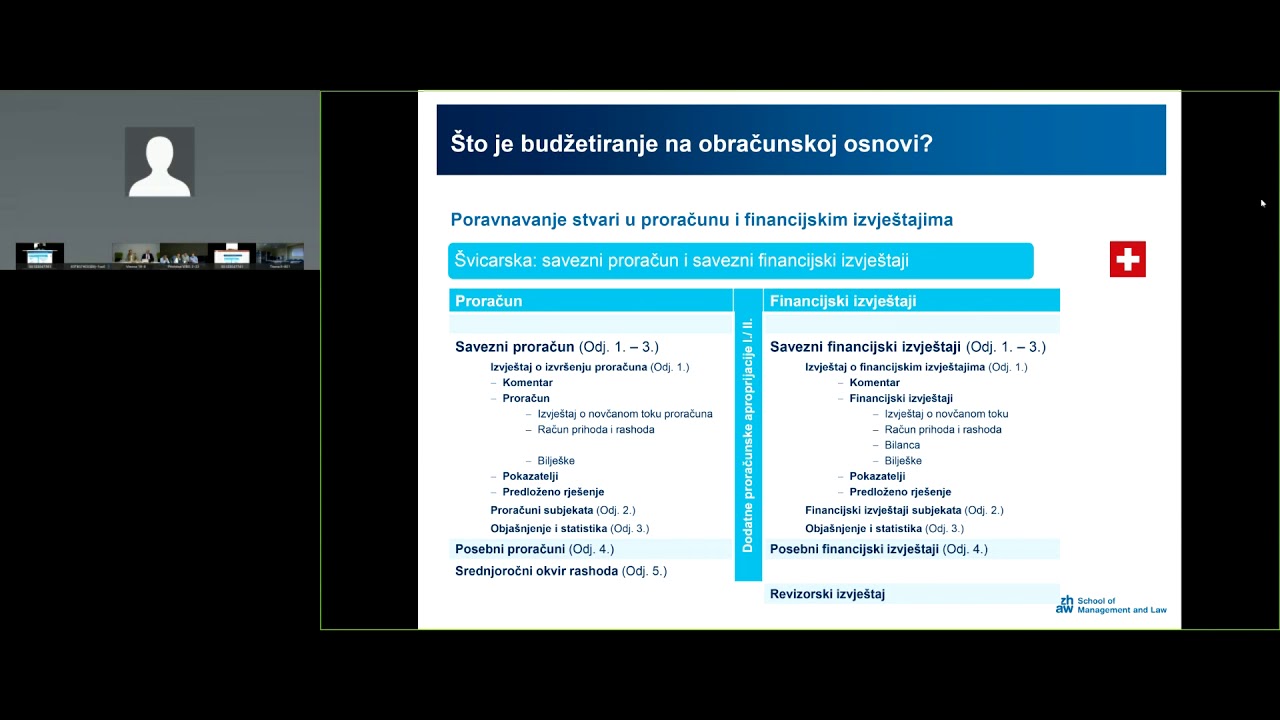A PULSAR FINCOP organized Smart Interactive Talk (“SIT”) – a virtual workshop was held on July 10, 2018 on the subject of “accrual budgeting: advantages and disadvantages”. This subject had been identified as a priority area by FINCOP participants with particular reference to if and when countries should introduce accrual budgeting in the public sector and its linkages with accrual accounting. This discussion is particularly relevant for public sector accrual accounting policy makers and reform leaders to inform their decisions on the reform sequencing and planning. Further, the key advantages and disadvantages of accrual budgeting in the early stage of accrual accounting reforms are usually questioned and while there is an apparent consensus on the need and value of accrual accounting, the introduction, timing and value of accrual budgeting still needs to be discussed and clarified.
The SIT benefited from the expertise of Andreas Bergman Director, Public Sector, ZHAW School of Management and Law, Switzerland; former Chair of IPSASB and Gert Van Der Linde, Lead Financial Management Specialist at the World Bank. The SIT was moderated by Arman Vatyan and Abbas Kizilbash from the PULSAR FINCOP team.
The speakers provided an update of recent developments in this area, discussed the key advantages and disadvantages for the introduction of accrual budgeting in the early stages of accrual accounting reform and addressed sequencing and implementation complexities. They stressed the need for careful evolution towards accrual budgeting with a need to demonstrate the full value of accrual budgeting, for example in service costing and performance budgeting. The speakers also stressed that cash based information remains fully available in accrual budgeting to meet the needs of various stakeholders. Fiscal policy and management considerations and selected data issues were also discussed. Lessons for PULSAR member countries were also highlighted and questions addressed interactively. The SIT connected 14 video sites and numerous WebEx participants and was conducted in 4 languages in parallel.


